Blood type diets are an effective way to lose weight and improve your health. This diet helps you understand which foods are best for your weight loss journey, making it easier to achieve your goals. Let’s explore the effectiveness of blood type diets.
1. What is a Blood Type Diet?
A blood type diet is a carefully researched and medically applied eating plan. It not only aids in weight loss but also boosts your overall health and helps fight diseases.
This diet doesn’t require you to give up all your favorite foods. Instead, you can consume them in moderation. Blood type diets empower you to make informed choices about the foods that are best for your health.
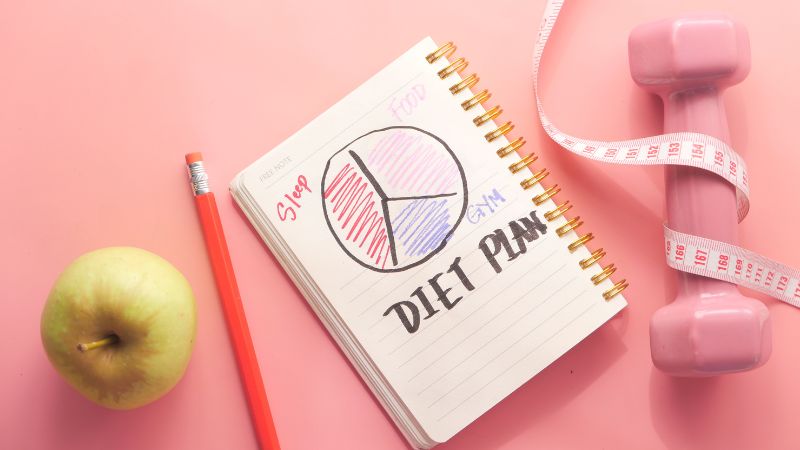 Understanding Blood Type Diets
Understanding Blood Type Diets
2. The Origin of Blood Type Diets
Dr. Peter D’Adamo, a naturopathic physician, developed the blood type diet and authored the book “Eat Right For Your Type.”
Dr. D’Adamo believes that each blood type reacts differently to specific foods. Blood types have unique immune and digestive characteristics, so a tailored diet can improve digestion and prevent diseases.
For instance, consuming incompatible foods can lead to red blood cell clumping, resulting in serious health issues like cardiovascular disease, kidney problems, and even cancer.
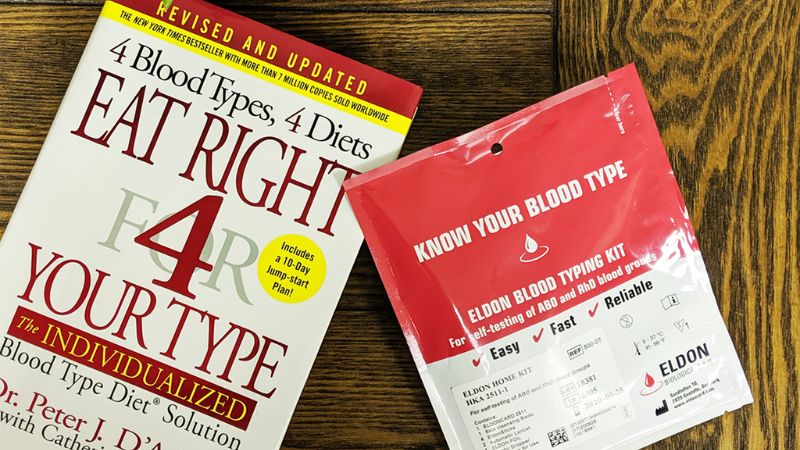 The Origin of Blood Type Diets
The Origin of Blood Type Diets
3. Nutritional Characteristics of Blood Types A, B, and O
Blood Type A Nutritional Characteristics
Individuals with blood type A tend to be strong, agile, resilient, of average height, and have stable weight. Therefore, they need to maintain a balance between their diet and lifestyle.
People with type A blood often experience challenges with the digestion and metabolism of animal products. On the other hand, they benefit from lower levels of hydrochloric acid in the stomach, aiding in better plant-based food processing.
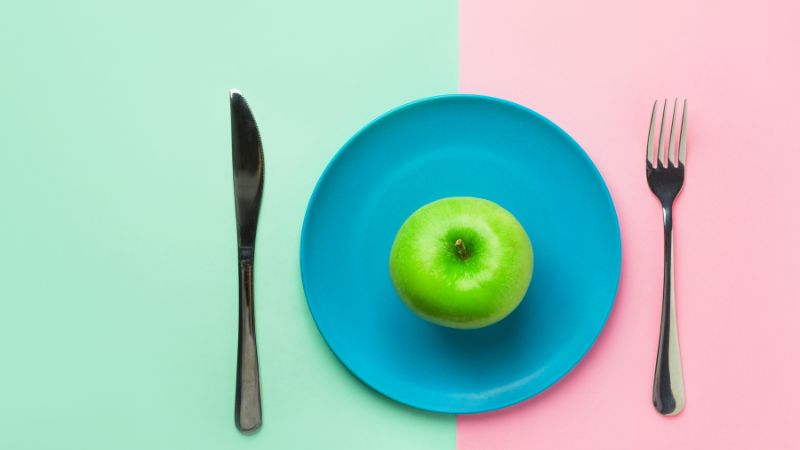 Blood Type A Characteristics
Blood Type A Characteristics
Blood Type B Nutritional Characteristics
Those with blood type B tend to have fuller figures. They boast a robust immune system and efficient digestion. However, maintaining mental clarity and physical balance are essential for this blood type.
People with type B blood often face challenges due to a slower metabolism, making dieting less effective. Additionally, they tend to produce higher levels of cortisol, leading to stress and immune system disorders.
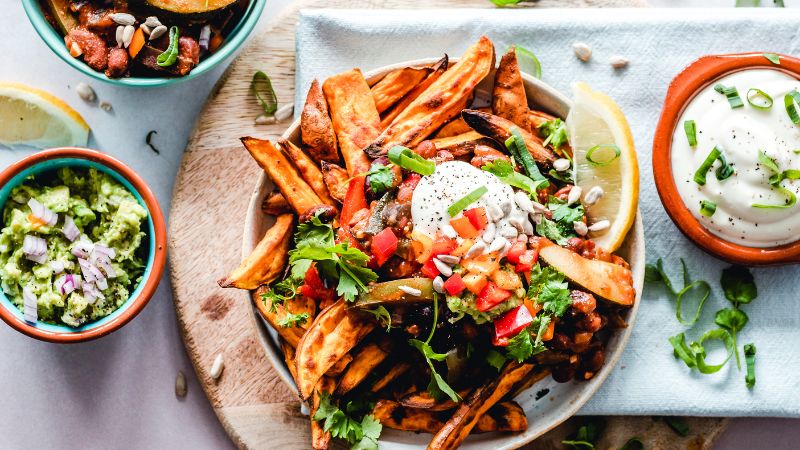 Blood Type B Characteristics
Blood Type B Characteristics
Blood Type O Nutritional Characteristics
Individuals with blood type O excel at absorbing animal-based protein. However, dairy products and grains can cause health issues. Health concerns may include asthma, allergies, and allergic rhinitis.
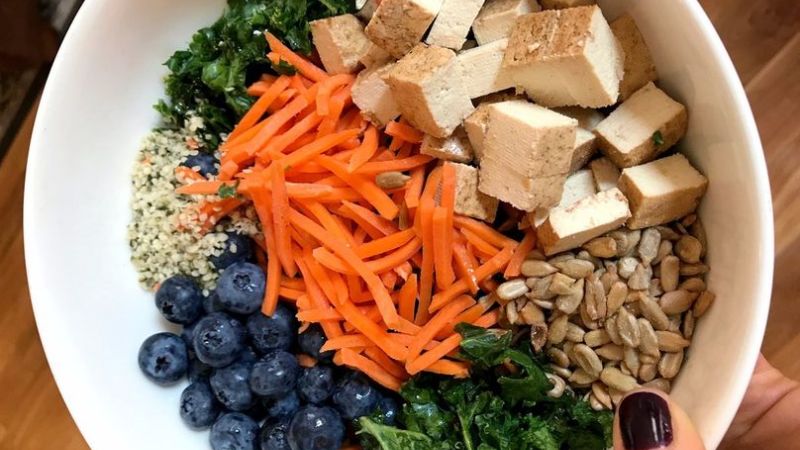 Blood Type O Characteristics
Blood Type O Characteristics
Blood Type AB Nutritional Characteristics
This blood type is rare and a combination of types A and B. While they have slender builds and vibrant health in their youth, their development slows down as they age. The slower metabolism leads to premature aging, and they often face challenges with reproduction and an increased risk of diabetes.
People with type AB blood tend to have lower levels of stomach acid, so it’s advisable to limit eating out to minimize the intake of preservatives and additives.
 Blood Type AB Characteristics
Blood Type AB Characteristics
4. Blood Type Diets: Foods to Eat and Avoid for Types A, B, O, and AB
Blood Type A
- Avoid: Excessive consumption of poultry, fatty foods, dairy, caffeine, and wheat.
- Focus on: Beans, legumes, whole grains, cruciferous vegetables, and organic fruits.
- Exercise: Engage in gentle exercises like yoga, tai chi, and swimming.
Note: Opt for fresh and organic options, as those with type A blood tend to have a sensitive digestive system.
 Blood Type A Diet
Blood Type A Diet
Blood Type B
- Avoid: Red meat, shellfish, chicken, corn, lentils, peanuts, sesame seeds, wheat, and foods cooked in a microwave.
- Focus on: Green vegetables, low-fat dairy, lamb, eggs, fish, liver, tofu, parsley, and berries.
- Exercise: Engage in moderate-intensity sports like walking, cycling, or tennis.
 Blood Type B Diet
Blood Type B Diet
Blood Type O
- Avoid: Eggs, dairy, grains, wheat, and soft cheeses.
- Focus on: Beef, lamb, poultry, fish, vegetables, and fruits.
- Exercise: High-intensity exercises like running, swimming, and cycling are ideal for this blood type.
 Blood Type O Diet
Blood Type O Diet
Blood Type AB
- Avoid: Fatty meats, smoked meats, and caffeine. Limit eating out to minimize preservatives and additives.
- Focus on: Dairy products, green vegetables, protein-rich seafood, fatty fish, yogurt, eggs, cheese, peanuts, and tofu.
- Exercise: Engage in gentle exercises like walking, swimming, or aerobic dance.
 Blood Type AB Diet
Blood Type AB Diet
5. Advantages and Disadvantages of Blood Type Diets
Advantages
- Effective fat burning.
- Increased energy levels.
- Boosted immune system.
- Weight loss stimulation.
- Reduced risk of cardiovascular disease and cancer.
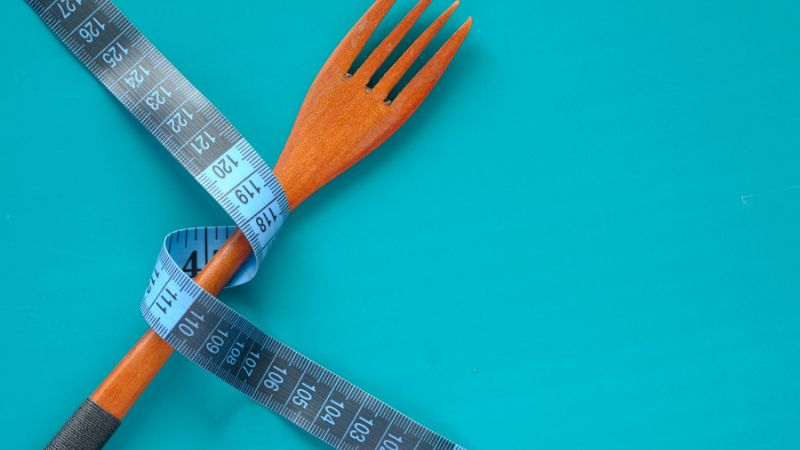 Advantages of Blood Type Diets
Advantages of Blood Type Diets
Disadvantages
- This diet may conflict with your treatment plan if you have a chronic illness. Consult your doctor before starting.
- Blood type diets are not beneficial for conditions like heart disease, high blood pressure, or high cholesterol.
- Blood type diets may lead to deficiencies in certain nutrient groups.
 Disadvantages of Blood Type Diets
Disadvantages of Blood Type Diets
We hope that this information helps you make informed choices about your weight loss journey. Wishing you success and a healthy, beautiful life.
Source: Vnexpress



































